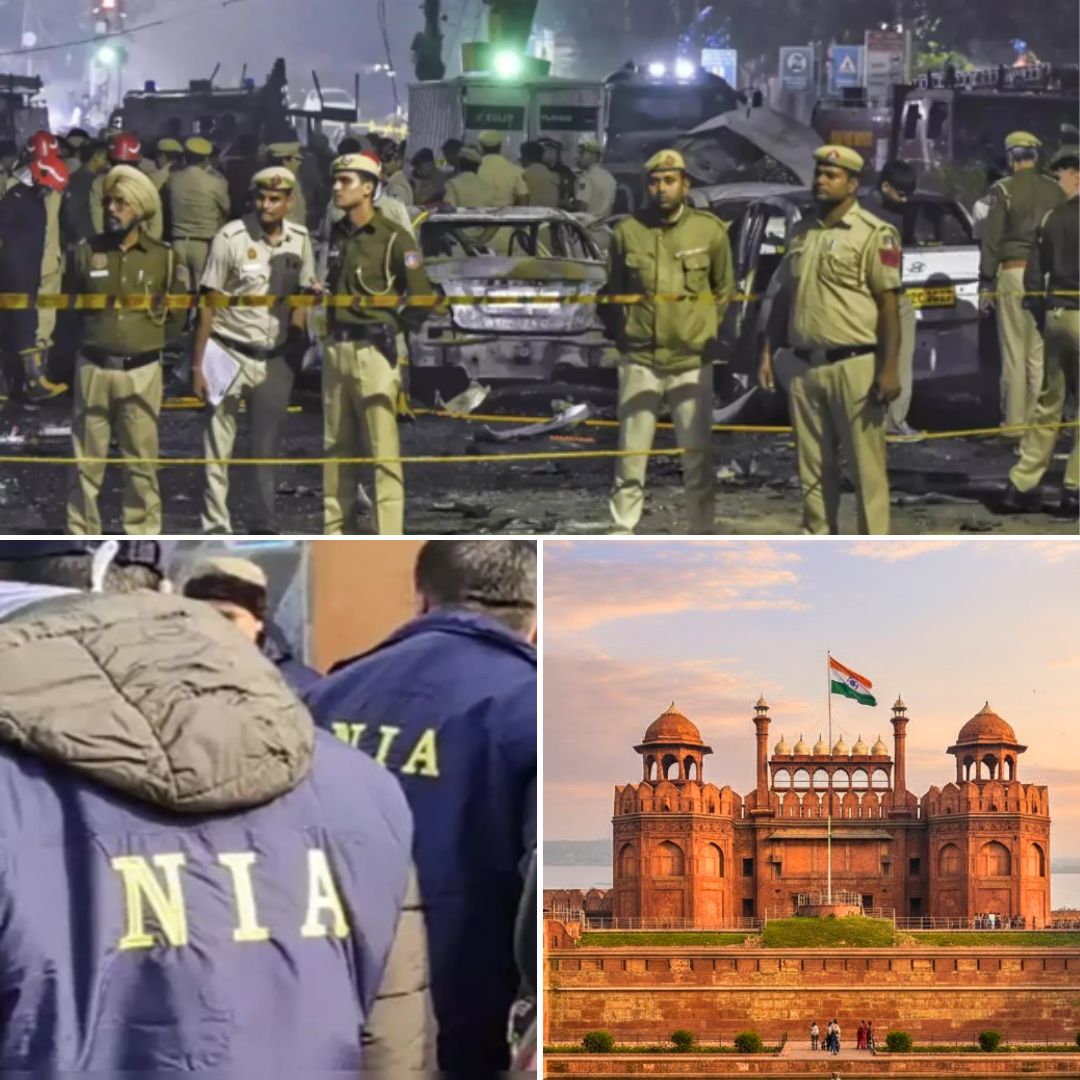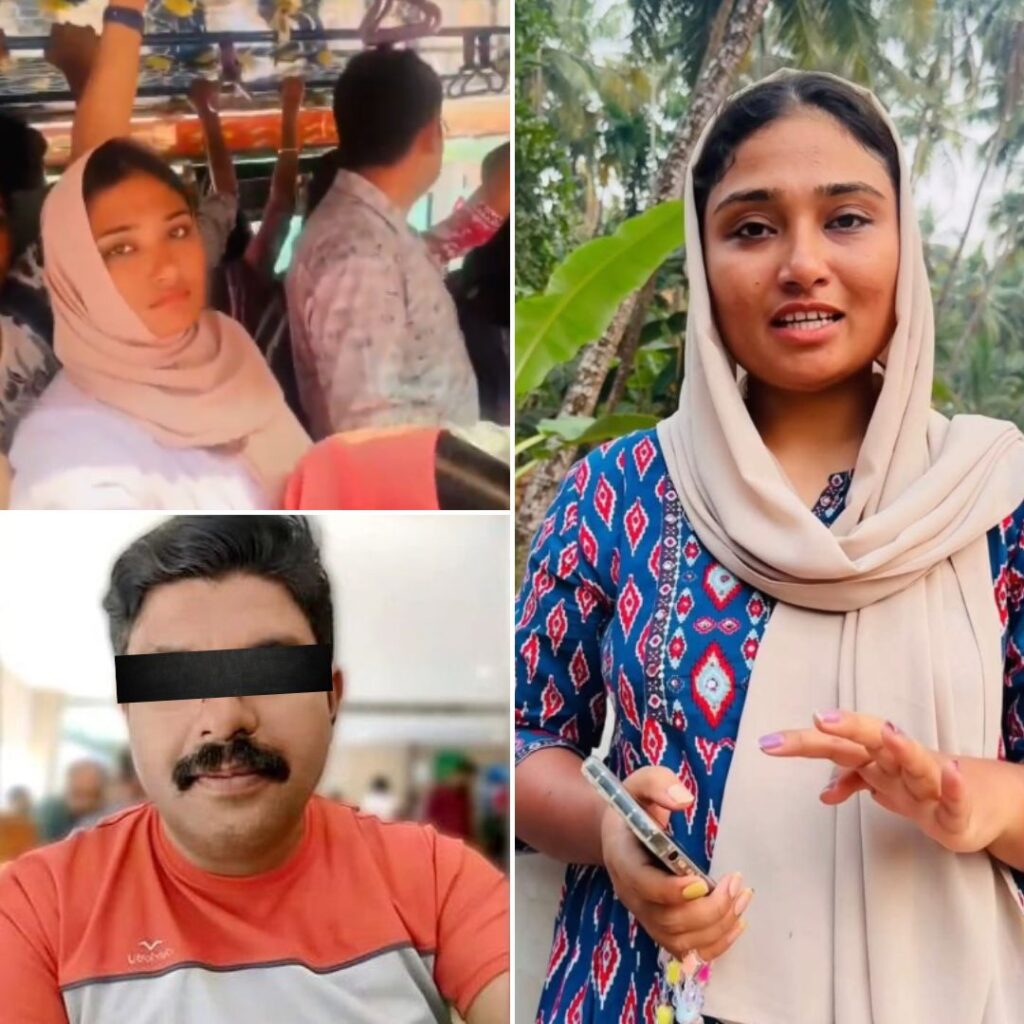The National Investigation Agency (NIA) has reportedly uncovered a Jaish-e-Mohammed (JeM) terror module that sought to convert hospitals across Jammu and Kashmir into secret weapon storage sites, with clear inspiration from Hamas’s tactics in Gaza.
The plot came to light in the aftermath of the deadly Red Fort blast in Delhi and has led to multiple arrests, including doctors and other professionals.
Large amounts of explosives and precursor materials have been seized, while authorities have intensified monitoring and raids on medical institutions across the region.
The Plot: Hospitals as Weapon Dumps
Investigative agencies revealed that Jaish operatives were exploring hospitals in the Baramulla, Anantnag, and Badgam districts of Jammu and Kashmir for use as covert weapon and ammunition dumps.
Inspired by the methods used by Hamas in Gaza-where hospitals such as Al-Shifa were used as cover for storing arms-the JeM module aimed to replicate similar tactics, exploiting public trust in hospitals and the inherent logistical advantages such facilities provide.
In a striking development, raids by Jammu and Kashmir and Faridabad police led to the recovery of a significant arsenal, including firearms discovered in doctors’ lockers and precursor explosives from rented accommodations linked to the suspects.
Authorities suspect that some of the arrested doctors not only provided access to hospital infrastructure but also coordinated high-level logistics, having received operational videos and instructions over encrypted messaging apps.
Roots, Arrests, and Red Fort Blast Links
The module’s unravelling is closely linked to the investigation into the Red Fort blast, which killed and injured several individuals in Delhi earlier in November 2025.
In the course of this probe, suspects revealed to the NIA that due to increased scrutiny at the Line of Control and traditional hideouts, militants had begun “planning something different,” looking towards urban public institutions like hospitals to avoid detection.
One of the key players identified is Irfan, a former paramedical staffer who used his position at a prominent Srinagar medical college to radicalise others and facilitate Jaish operations. Investigators also identified the nerve centre of the module at Al-Falah University in Faridabad, where doctors such as Muzammil Ahmad Ganai convened to plot attacks.
Forensic teams found that bomb-making equipment and drone components were also being assembled, with plans extending beyond weapon dumping to include rocket and drone attacks.
Security agencies have apprehended at least six individuals so far, including doctors and religious preachers with significant influence over both medical and local communities.
The investigative net has widened, with police scrutinising records of staff at key hospitals and following up on leads in multiple states.youtube
Implications for Security and Civil Life
This strategic shift by militants-adopting Hamas-style tactics-represents a disturbing escalation in both the sophistication and potential societal impact of terrorist plots in India.
By targeting hospitals, the module threatened not only to compromise vital medical infrastructure but also to undermine public faith in institutions meant to offer care, safety, and neutrality, even during conflict.
Security experts, including former Uttar Pradesh DGP Vikram Singh, have warned that the use of hospitals as safe havens for weapons is a “terminal disease” and not a challenge limited to India alone, underscoring the global nature of such threats.
Authorities are now working to implement international best practices, such as increased hospital security, staff screening, and improved community engagement for early warning and resilience.
The Logical Indian’s Perspective
Weaponising hospitals violates every ethical and humanitarian norm, threatening the very sanctity of spaces designed for healing and refuge.
The Logical Indian strongly condemns such tactics, which not only jeopardise lives but also erode trust in the essential institutions binding our society together.
We urge communities to remain vigilant and authorities to balance tight security with sensitivity so that civil liberties and quality care are preserved.












